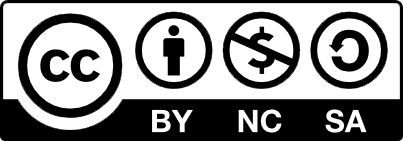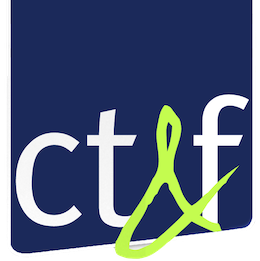Vol. 14 No. 1 (2024)

In this issue of CT&F (edition 14, No 1), four papers are related to technologies of crude oil production, one is about mobility, and one is about steam reforming of methane.
As carbon capture and sequestration are important topics today, two articles from Ecopetrol and Sinopec discuss the interactions of CO2 with crude oil and water from modeling and experimental perspectives, respectively.
One article from Ecopetrol describes the modification developed to the chemical treatment in a heavy crude oil field where to use the only capillary injection system available the formulations of the anti-scaling and flow improver additives were changed to warranty compatibility and avoid emulsions in the electro submergible pumps.
In another paper, Ecopetrol presents the successful application of cyclic water injection combined with a smart selective completion system in the heavy crude oil T2 reservoir of the Chichimene field.
An analysis combining statistical analysis of data and process simulation of an industrial plant of natural gas steam reforming is presented, showing the plant has two operational modes and one of these modes improves hydrogen production. This result is relevant to decrease the amount of CO2 emissions produced in this plant, one of the biggest refinery emitters.
A paper from Turkey shows an analysis of the impact of adopting electric vehicles in a rental car fleet from sustainability, economic efficiency, and operational management perspectives, showing that despite electric vehicles being more expensive, maintenance cost and environmental benefits will offer a strategic advantage to car rental companies.
Luis Javier Hoyos
Editor CT&F










